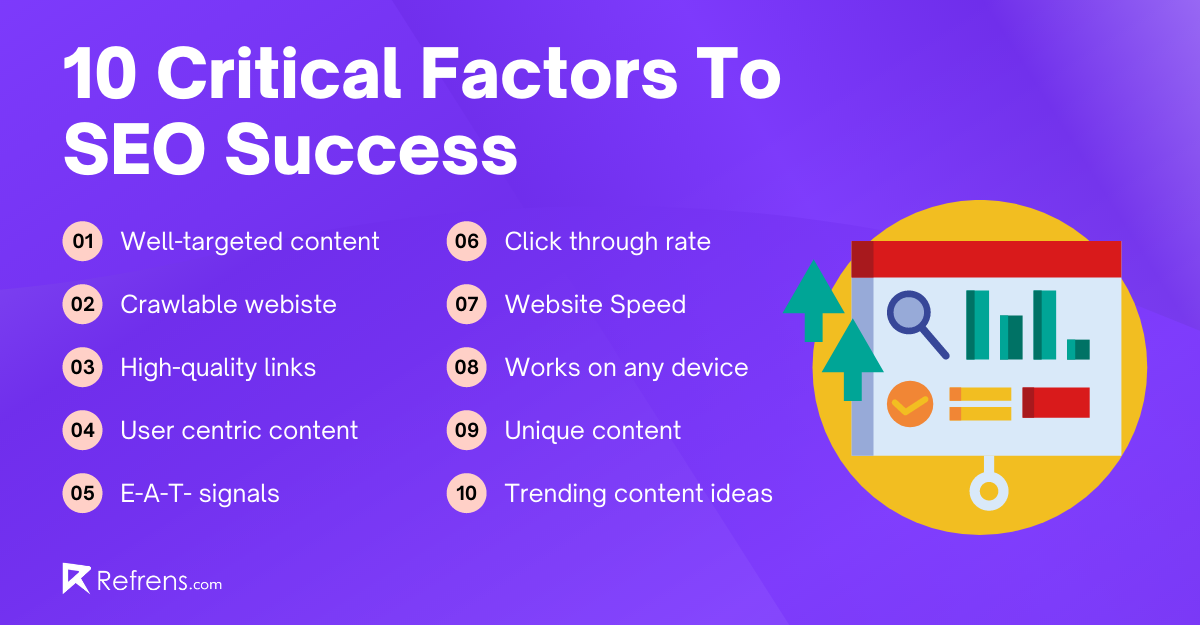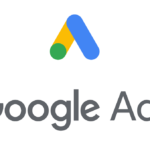
Many individuals assume that SEO is too time-consuming and complicated to be worthwhile. That isn’t the case at all. The foundations of search engine optimization are actually rather simple.
With Google accounting for more than 50% of traffic to a website, it’s definitely something worth studying if you operate a website. Moreover, it receives eight times the amount of traffic as all of the social media networks combined.
Let’s start with the fundamentals of SEO, and learn everything you need to know about search engine optimization and how to do it on your own and succeed.
What Is SEO?
SEO (search engine optimization) is a technique for improving the position of your website in search results and getting more organic (non-paid) visits.
The first search engines debuted in the 1990s, and SEO was born. It’s currently a popular marketing strategy in a burgeoning industry.
Search engine optimization is a must-have for any website owner, whether you’re providing a product or service, running a blog, or something else.
To put it another way, if you want to be more formal, you can say:
SEO refers to all of your attempts to make Google consider your website a trustworthy source and rank it higher for your targeted search queries.
SEO Has Three Main Components:
- Technical details- All of the technical details that must be addressed (often referred to as technical or on-page SEO).
- Great content- The most crucial component of your website: is the content. Your content should be free of plagiarism and something new. If it’s new it would rank otherwise it won’t. It’s that simple: low-quality content results in no ranks.
- Backlinks of high quality- These boost your website’s authority. You can have great content and a well-optimized website, but you still need to get quality backlinks to develop authority.
Therefore, it’s important to follow these three main components of SEO.
Why Is SEO Important?
Many paid advertising, social media, and other online channels can help drive visitors to websites, search engines account for the vast bulk of online traffic. As mentioned above it drives 8 times more traffic than combined any social media channel.
It’s one of the few online marketing strategies that, when done effectively, may pay off in the long run. Your traffic can snowball over time if you give quality content that deserves to rank for the relevant keywords, whereas advertising requires ongoing spending to send users to your site.
Although search engines are becoming more intelligent, they still require our assistance.
Optimizing your site will assist search engines in receiving better information, allowing your material to be correctly indexed and presented inside search results.
Moreover, if you are planning to hire SEO specialists make sure, they follow below mention techniques and adhere to rules and regulations to drive traffic.
White Hat SEO Vs Black Hat SEO
White hat and Black hat is a tactic used by individuals in order to boost a website’s ranks.
These tactics of white hat and black hat will get you to the top of the search results in a short amount of time, but search engines will most likely punish and blacklist your website sooner or later if you use black hat.
White hat, on the other hand, All typical SEO tactics that follow the rules and principles are referred to as SEO. It’s a long-term strategy that relies on solid optimization, high-quality content, and a user-centric approach to achieve good ranks.
While the majority of SEO experts agree that “white hat” is the way to go, opinions on the acceptability of certain link-building strategies differ (including link buying).
Read more: 12 SEO Tips That Will Help You To Grow Your Business
What Are The Advantages Of SEO?
Now, let’s look into the advantages of SEO, the most acknowledged advantage of SEO is improvement, however, rankings are merely a means to an end. Many of the genuine SEO benefits are linked to traffic. Let’s look into them
-
A boost in traffic
Because the majority of people click on one of the first few search results, a better ranking in the results usually equals more traffic to your website.
-
Reliable traffic
Both active and passive traffic is frequently generated as a result of search engine results. That isn’t always the case with platforms like social media and email marketing, which can generate traffic spikes that dissipate quickly.
-
Unrestricted access
The search engine, unlike sponsored advertisements, is “free.” Because paid adverts on search engines are fairly expensive. Although getting your content to the first page is difficult, it is always less expensive.
How Does Search Engine Work?
The following are the main steps in the search engine process:
- Crawling – Crawling is the technique through which search engines regularly scan all of the internet’s web pages.
- Indexing – The information is indexed after the website has been crawled. The search engines strive to interpret and categorize the pages before storing them in the index.
- Picking the results – When an internet user enters a search query, the search engine searches its index for the best results. A SERP (search engine results page) is a list of the results (Search Engines Results Page).
- User search results
Once you know the working of search engines, let’s go on to the factors that would lead us to SEO success.
10 Critical Factors To SEO Success

- Material that is well-targeted – you must figure out what people want and create high-quality content that is tailored to their requirements.
- Website that is crawlable – this is a no-brainer; if you want to rank, you must make it easy for search engines to find your site.
- The more high-quality websites linking to your site, the more authority you’ll have in Google’s eyes.
- User-centric content — SEO is about more than just the words you use; it’s also about the type of material you supply and how comprehensive it is. Make your visitors happy, and Google will be happy, too.
- Unique content – at all costs, avoid using duplicate content on your websites.
- EAT: Google’s Quality Measures: expertise, Authority, and Trust E-A-T signals are examined by raters. Always remember to establish and demonstrate your competence and reliability, and only write about topics in which you are knowledgeable.
- Fresh content – some topics require more freshness than others, but you should maintain your information current by updating it on a frequent basis.
- Click-through rate (CTR) — enhance your page’s CTR by optimizing title tags and meta descriptions.
- Website speed – make sure your visitors don’t have to wait too long for the website to load; if they do, there’s a good chance they won’t come back.
Works on any device – your website must perform flawlessly on any device and screen size (remember that mobile devices account for the vast majority of internet users!)
How To Track Your SEO Success?
You might have a basic understanding of SEO at this point. But how can you track and measure the success of your efforts?
The most obvious solution is to keep track of how much traffic your website receives from organic searches.
You may monitor your organic traffic if you’re using Google Analytics by navigating to:
Acquisition > All Traffic > Channels > Organic Search
In this way you can track all the strategies you optimized for SEO Success and this would definitely help you with better results by comparing the past results.
Conclusion
Everything mentioned above could help you start with SEO. Following the strategies would definitely help you succeed. SEO is a very vast and important part for any business. Therefore, its important to optimize it as much as possible.





